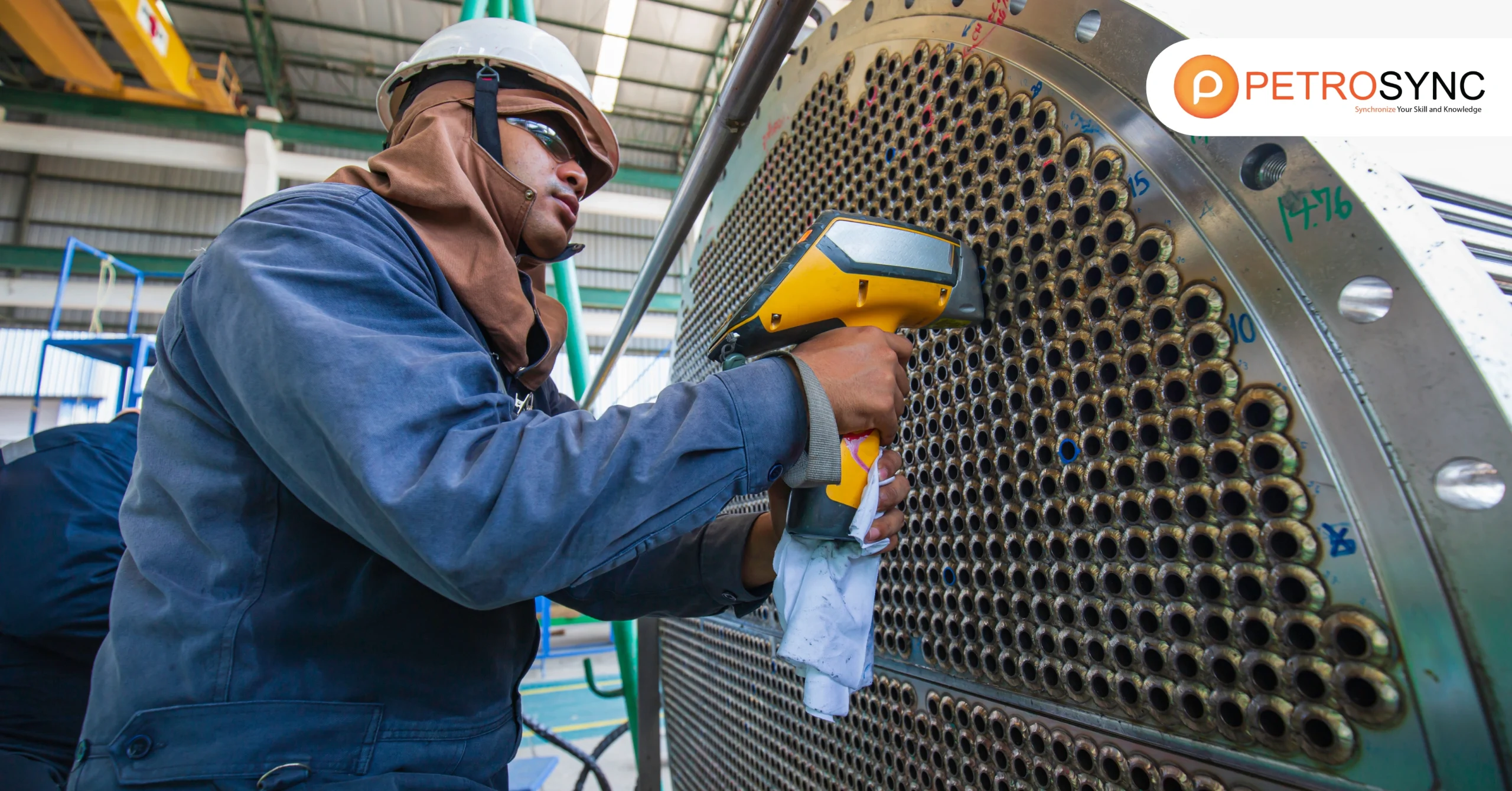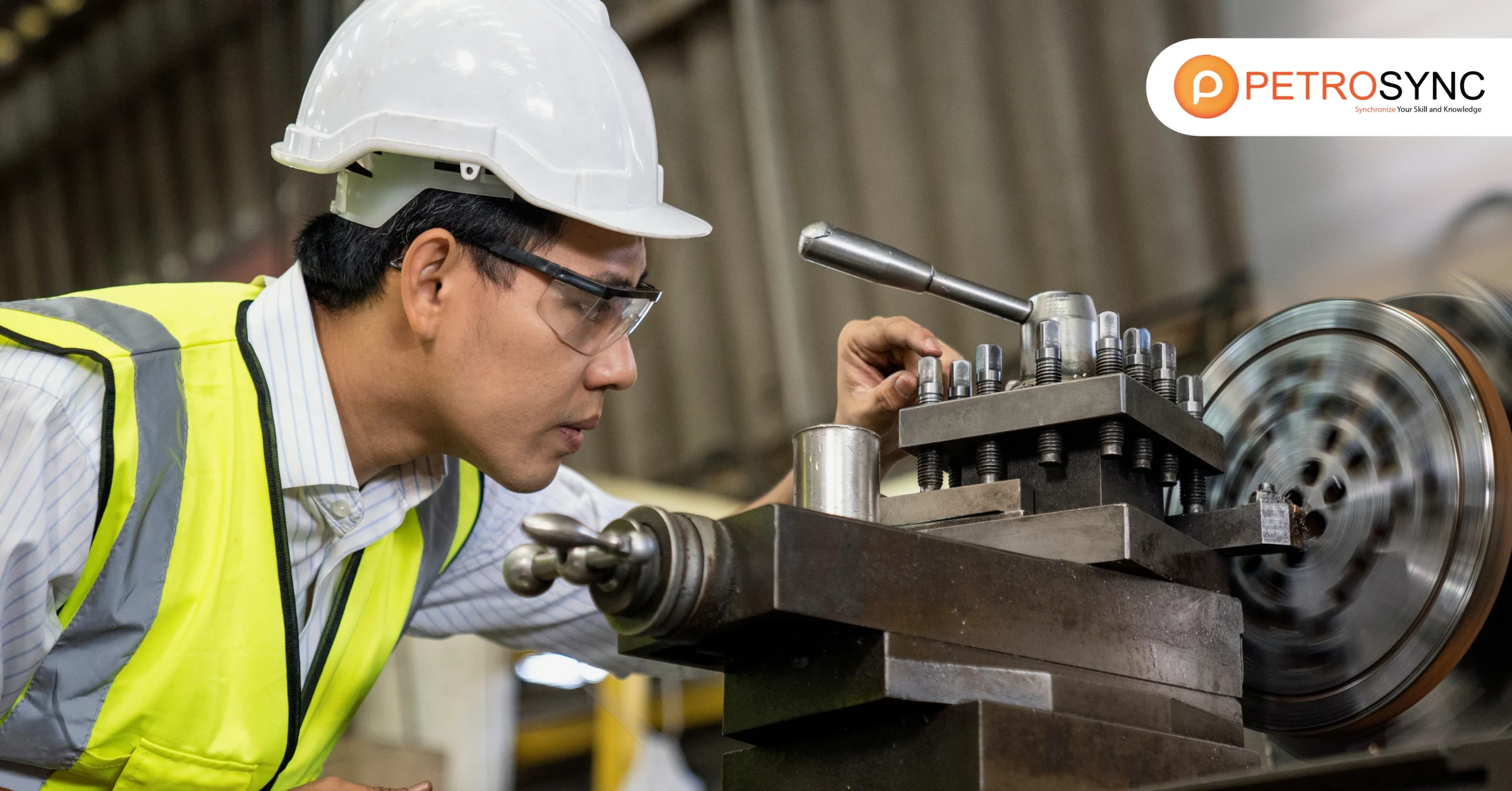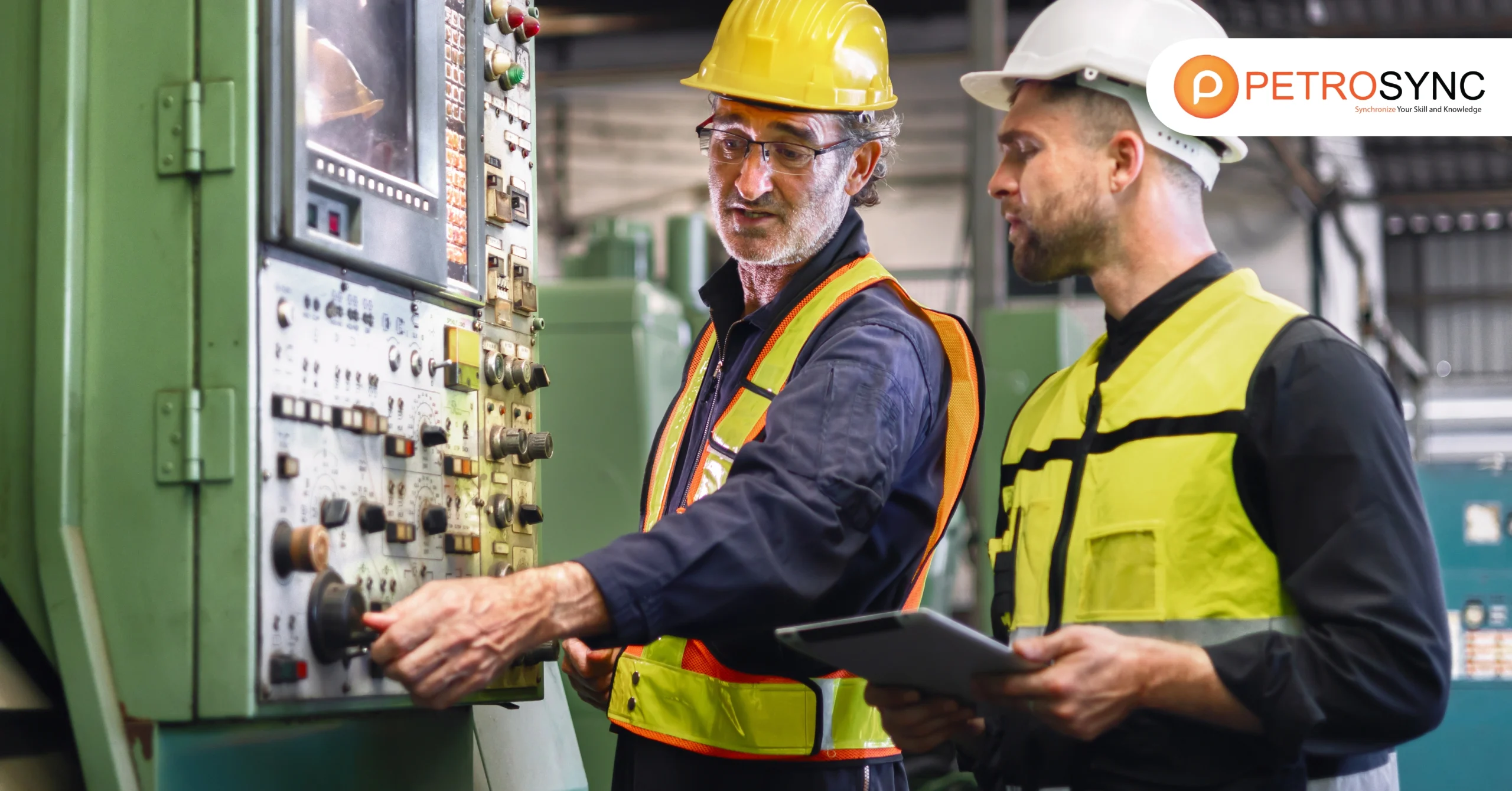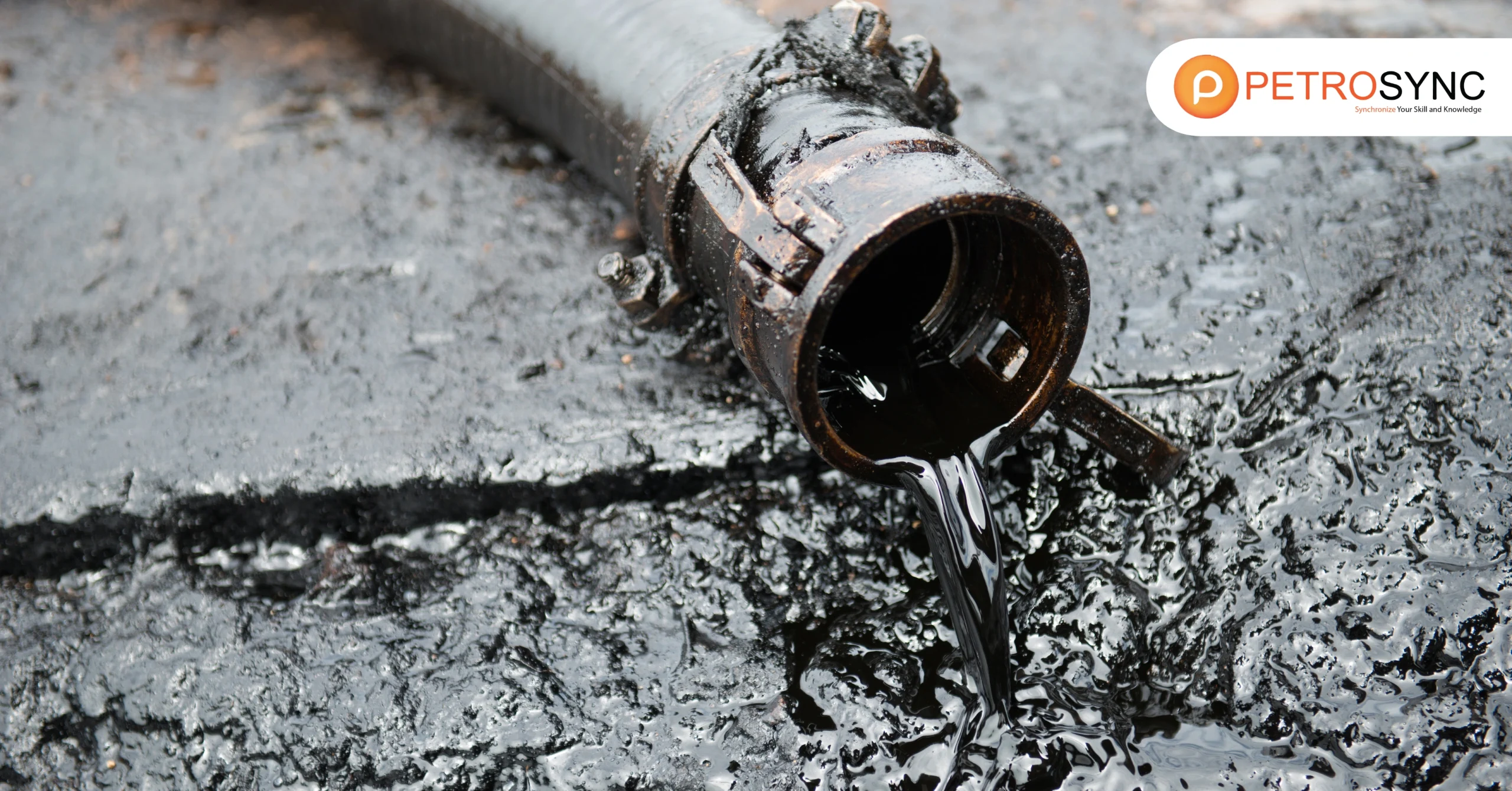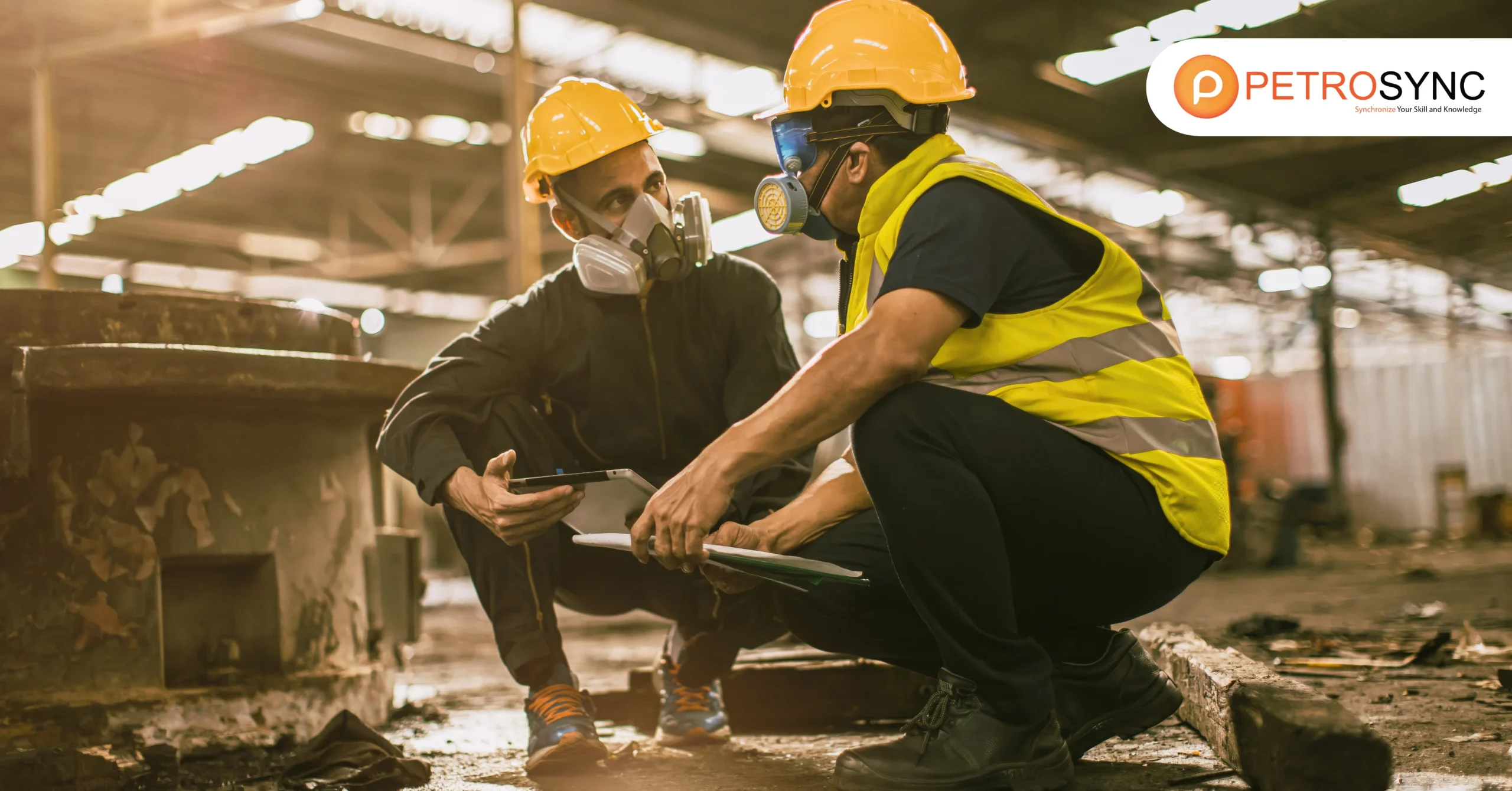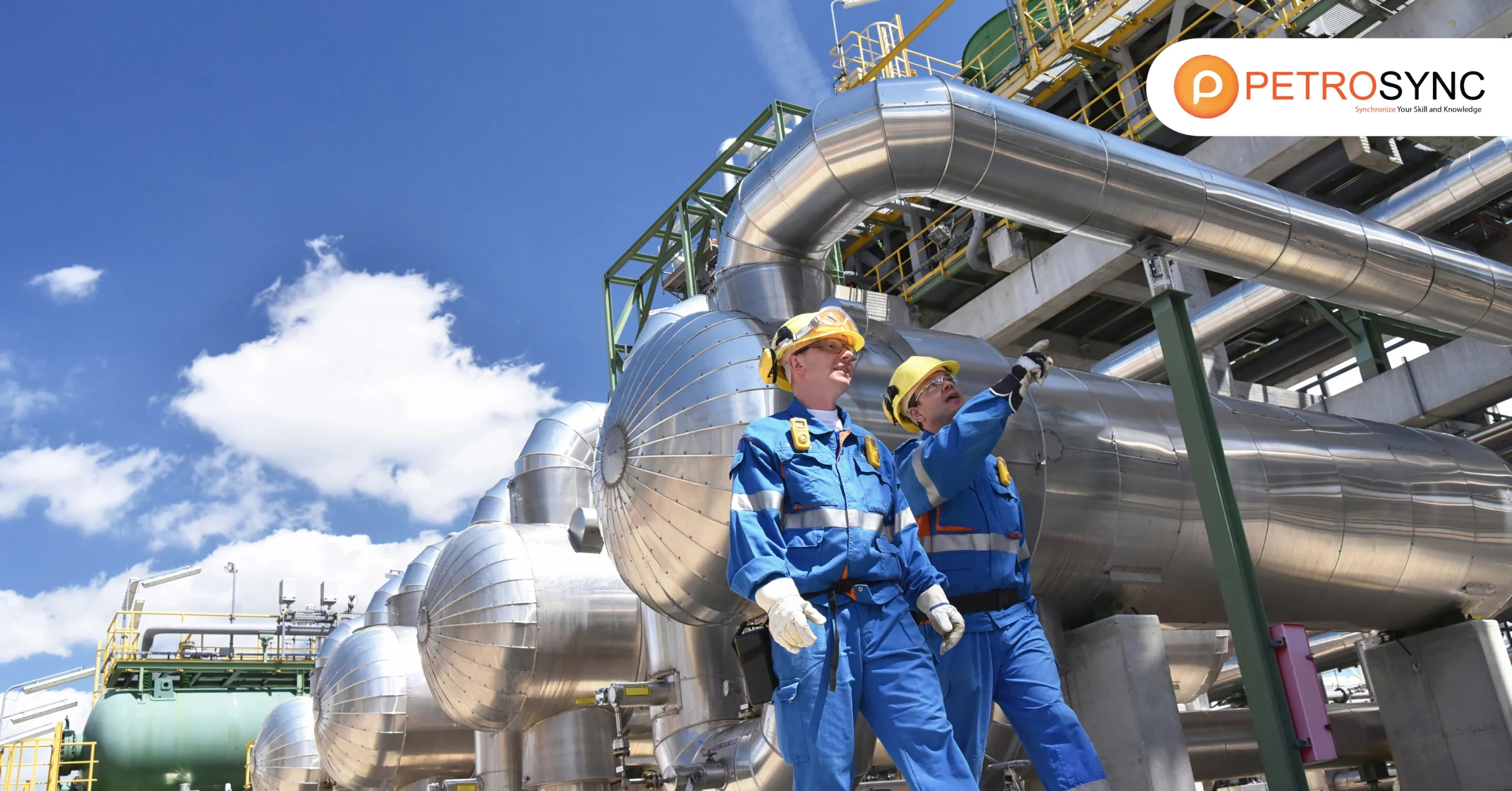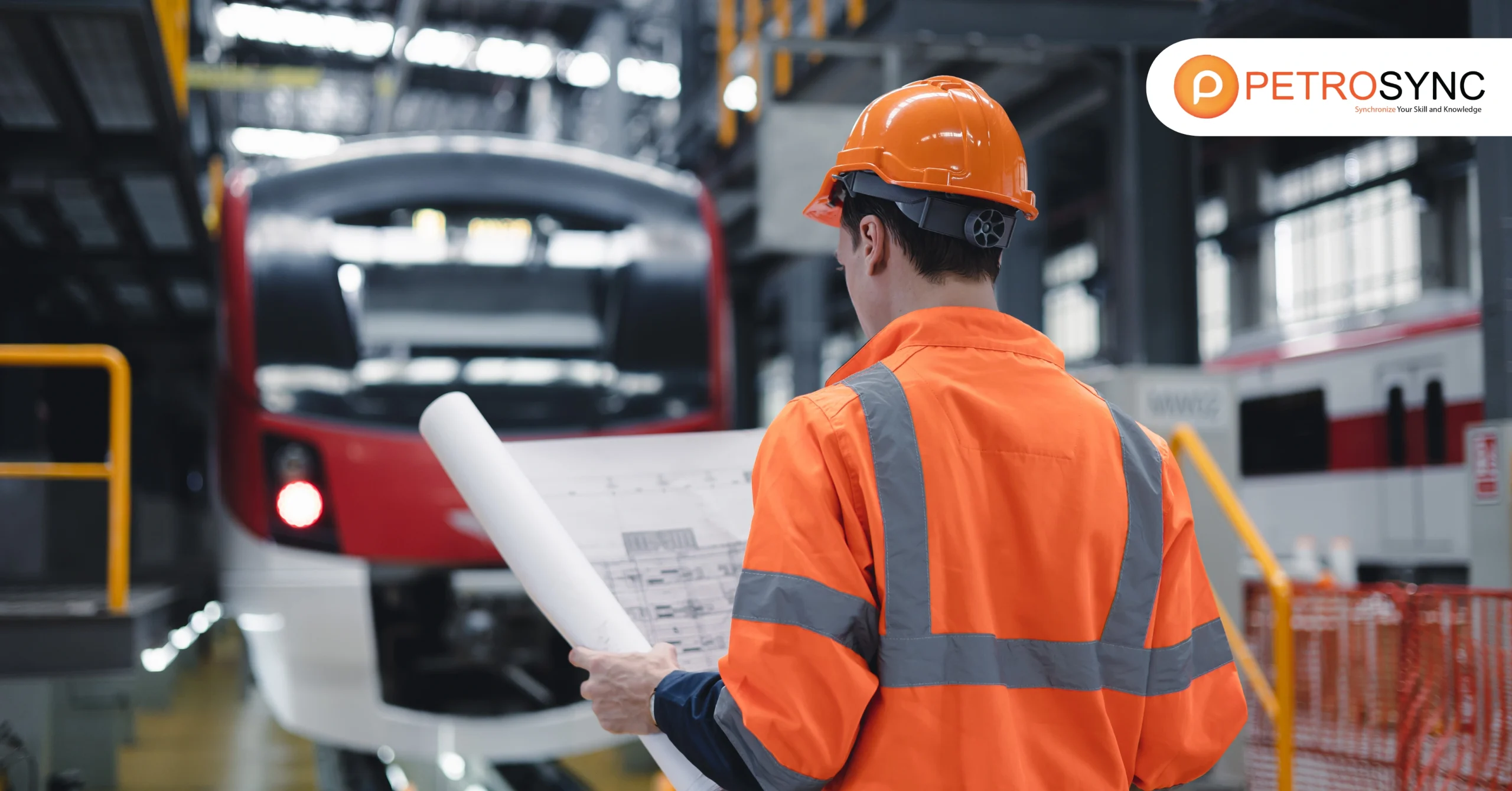Heat exchanger are critical components in many industries, increasing efficiency and thermal performance. By transporting heat between fluids, they aid in the optimization of heating, cooling, and even energy recovery operations. This makes them essential in industries including oil and…
If you’re getting ready for the API 571 exam, you’re taking a big step toward advancing your career. This exam is important in the field of asset integrity management, and preparing for it is essential. In this article, we’ll provide…
The refining business typically faces issues associated with equipment wear and tear caused by numerous degradation processes. When not addressed effectively, these concerns can result in expensive maintenance costs, operational disruptions, and potential safety hazards. Engineers, inspectors, and maintenance teams…
Oil and gas, petrochemical, and energy industries all require high levels of equipment reliability. Understanding the damage mechanisms that affect equipment improves the integrity of refining processes. Here is where API 571 certification comes into play. This qualification equips professionals…
In the oil and gas, petrochemical, and energy industries, equipment safety and reliability are vital. One of the most important standards utilized to accomplish this is the API 579 standard, which focuses on Fitness-For-Service (FFS) exams. Understanding this standard and…
Crude oil is one of the world’s most valuable commodities, having huge economic implications. Investors, dealers, and industry experts must consequently be familiar with crude oil futures. Crude oil futures are agreements to buy or sell crude oil at a…
Knowledge of effective tank inspection and maintenance is critical in the demanding industries of oil and gas, petrochemicals, and energy. The API 653 course provides critical training, educating professionals with the skills and knowledge needed to undertake tank inspections in…
If you’re involved in the oil and gas, petrochemical, or energy industries, you understand the importance of certifications that validate your expertise and compliance with industry standards. One of the key certifications in the field of pressure vessel inspection is…
Maintenance planning and scheduling is a structured procedure employed in managing maintenance activities within an organization. Its purpose is to create and execute plans and schedules that enable maintenance work to be carried out effectively. Maintenance planning involves identifying the…
Reservoir engineering is a highly specialized discipline that is critical to improving oil and gas production. Reservoir engineers use advanced techniques and technologies to ensure long-term hydrocarbon recovery. Whether you’re seeking for a description of Reservoir Engineer or what it…

